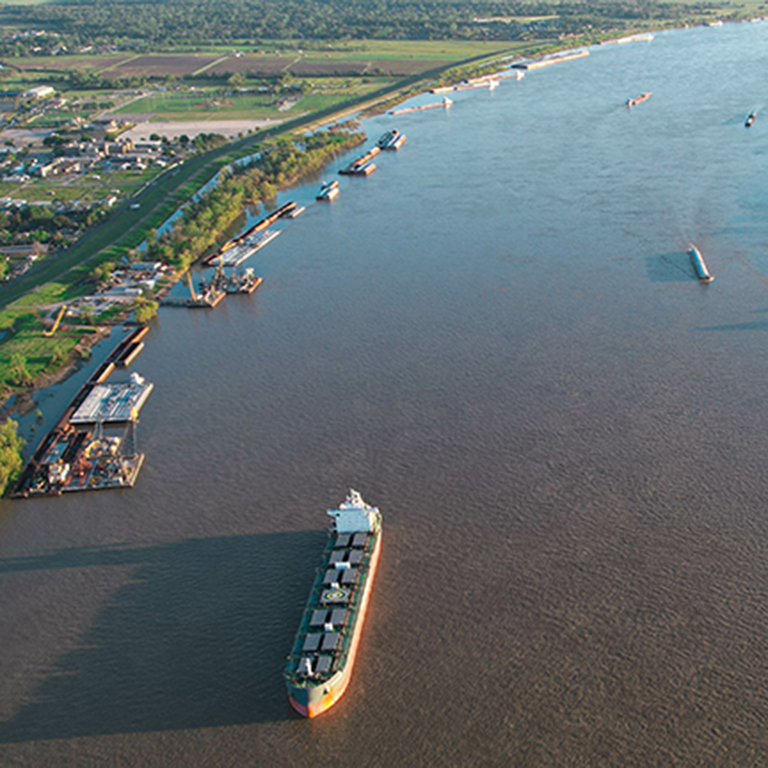Global concerns about the impact of climate change took center stage during the United Nations’ Climate Change Conference, COP28, which took place recently in Dubai. Government leaders and senior officials from organizations around the world gathered to discuss the effects of climate change and the actions required to address them.
While effectively managing climate change requires a continuing mitigation effort, there is increased recognition that this is not sufficient, especially considering the changes that have already taken place, Instead, there is an increased emphasis on adaptation to increase resiliency with organizations needing to focus beyond their own assets, but also understand the vulnerabilities of third parties.
In this episode of Risk in Context, Amy Barnes, Marsh's Head of Climate and Sustainability Strategy, talks with Nick Faull, the Head of Climate and Sustainability Risk and Innovation at Marsh, Scott Williams, the ESG coordinating director for Marsh India, the Middle East, and Africa, and Swenja Surminski, Managing Director, Climate and Sustainability at Marsh McLennan. They discuss learnings from the conference and what these mean for businesses and their risk managers, share some of the actions that organizations are already taking or should be considering, and talk about expectations for 2024.













